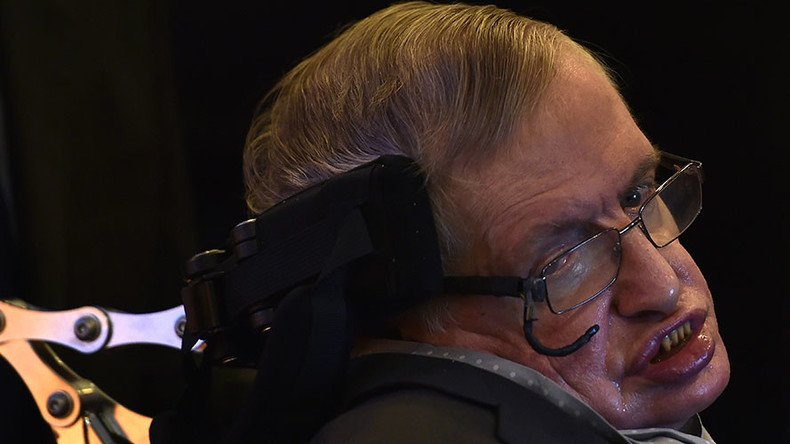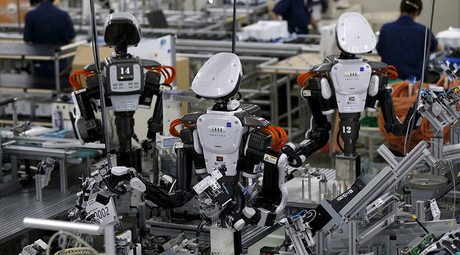The greatest threats to mankind will come as science and technology continue to advance at an alarming rate, eminent scientist Stephen Hawking has warned.
Speaking ahead of the BBC’s annual Reith Lecture, Hawking suggested that the chance of a catastrophe on Earth would become almost certain during the next 10,000 years, but the human race would not be able to voyage and settle in space for more than a hundred years.
“We will not establish self-sustaining colonies in space for at least the next hundred years, so we have to be very careful in this period,” Hawking told magazine the Radio Times.
The cosmologist, who will deliver the lecture for the BBC about the science of black holes, suggested that the most prolific threats would rise from technological advances, such as more powerful weapons and biological diseases.
“We are not going to stop making progress, or reverse it, so we must recognise the dangers and control them,” he said.
The scientist also discusses how black holes are formed in his lecture, which will be broadcast on BBC Radio 4 on January 26 and February 2. He explains that when stars run out of fuel and collapse under their own gravity they become “black holes,” a phrase coined in 1967 by John Wheeler.
He also suggests that it might be possible to be sucked through a black hole and arrive in another universe. However, making the return journey to our universe would not be possible, he adds.
The Guardian reported that during the lecture, Hawking was asked whether speaking through his electronic synthetic voice had altered his personality and allowed him to become more extrovert.
He said he had never been called an introvert before, and added: “just because I spend a lot of time thinking doesn’t mean I don’t like parties and getting into trouble.”
Hawking also discussed how his diagnosis with motor neurone disease, aged 21, had affected his life and outlook.
“It’s also important not to become angry, no matter how difficult life is, because you can lose all hope if you can’t laugh at yourself and at life in general,” he said.
The professor, who resides at the University of Cambridge, was due to record the lecture in November, but was forced to postpone it until January 7. He delivered it to more than 400 people at the Royal Institution in Mayfair, London.


